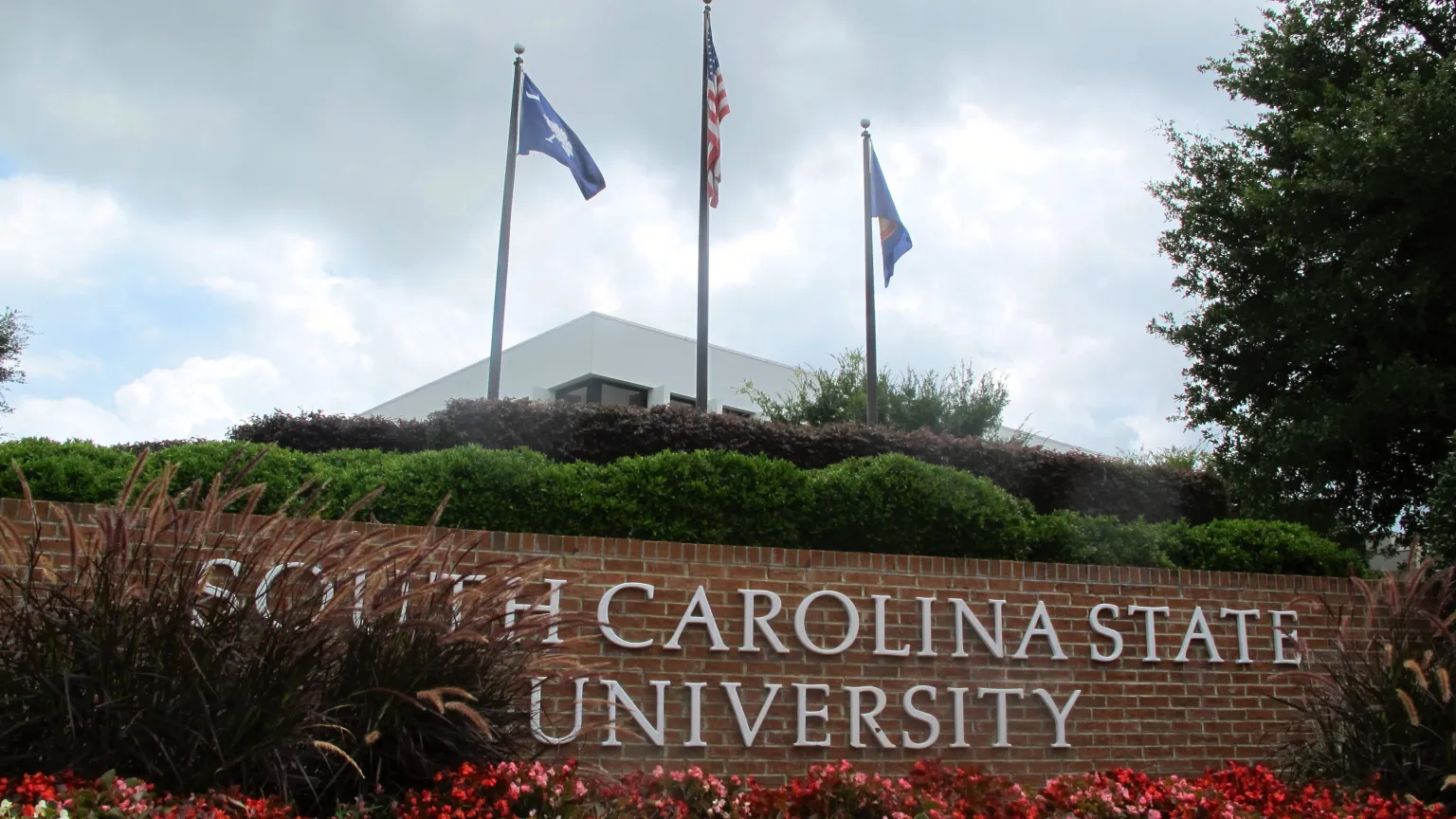Written By Ken Makin
“Money games” is a term people often use to describe revenue-generating athletic mismatches between historically Black colleges and schools from power conferences such as the SEC and ACC. In recent years, such games have featured lopsided scores in intrastate competition, such as Clemson’s 49-3 beatdown of South Carolina State in 2021 and LSU’s 65-17 rout of Southern in 2022.
There is a cruel irony in watching a predominantly white land-grant institution run up the score against a historically Black land-grant institution, because the final score is symptomatic of a bigger disparity: All things being fair, there would be similarities in finances and resources when comparing land-grant institutions with the expectation for all to receive state funding to provide opportunities to working-class families, regardless of race. But all things aren’t fair, and that’s where the other money game comes in.
On Monday, U.S. Secretary of Education Miguel Cardona and U.S. Secretary of Agriculture Tom Vilsack sent letters to 16 governors emphasizing the disparity of more than $12 billion in funding between historically Black land-grant universities and their non-HBCU land-grant peers in those states. Similarly formatted letters to Louisiana Gov. John Bel Edwards and South Carolina Gov. Henry McMaster once again put Southern versus LSU and S.C. State versus Clemson on full display.
Here’s how the letter described Southern:
“Southern University and A&M College, the 1890 land-grant institution in your state, while producing extraordinary graduates that contribute greatly to the state’s economy and the fabric of our nation, has not been able to advance in ways that are on par with Louisiana State University and Agricultural & Mechanical College, the original Morrill Act of 1862 land-grant institution in your state, in large part due to unbalanced funding. The longstanding and ongoing underinvestment in Southern University and A&M College disadvantages the students, faculty, and community that the institution serves. Furthermore, it may contribute to a lack of economic activity that would ultimately benefit Louisiana. It is our hope that we can work together to make this institution whole after decades of being underfunded.
The letter also included the specific dollar amount Southern has been underfunded: $1,126,149,248. For South Carolina State, that number is $469,956,832.
The money games played by HBCUs in David vs. Goliath matchups feel really small compared with $12 billion. I am reminded of former Florida A&M football coach Billy Joe, who provided a memorable quote on “Real Sports With Bryant Gumbel” in 2017: “Coaches, we call them blood games,” Joe said. “Because there will be blood spilled. … And most of it is HBCU blood.”
There’s already blood in the soil at Black land-grant institutions. South Carolina State is the site of the 1968 Orangeburg Massacre, which claimed the lives of three students. In 1972, a student protest at Southern was met with 300 police and National Guard officers, along with a tank, and two students were shot to death. Louisiana’s current governor issued an official apology for the shooting – 50 years later, in 2022.
The letters from the U.S. government might not be seen as new information – Forbes released a report in 2022 about how Black colleges have been underfunded – but it should represent a path forward. In their letters, the Education and Agriculture secretaries noted it would be “ambitious to address the funding disparity over the course of several years in the state budget” before suggesting a “combination of a substantial state allocation toward the 1890 deficit combined with a forward-looking budget commitment for a two-to-one match of federal land-grant funding for these institutions in order to bring parity to funding levels.”
I can’t speak for any other state, but I can speak for my residence in South Carolina, where McMaster celebrated a surplus revenue of nearly $3 billion in 2022, along with other significant funding. There’s a high-priced HBCU ticket item our state government should resolve and that South Carolinians should push for if they care about economic and racial justice.
Maybe some see the reclamation of $12 billion as a David vs. Goliath proposition. I hold in high regard the words of former North Carolina A&T football coach Sam Washington, who had a powerful postgame speech after his team scored a 28-23 victory in a money game against East Carolina in 2018.
“You can’t judge a man’s will. You can’t measure a man’s will,” Washington said. “When a man gets the will that y’all guys have, the sky’s the limit. The only thing can stop us is us.
“One last thing,” he added. “Tell ’em bring me my money!”

